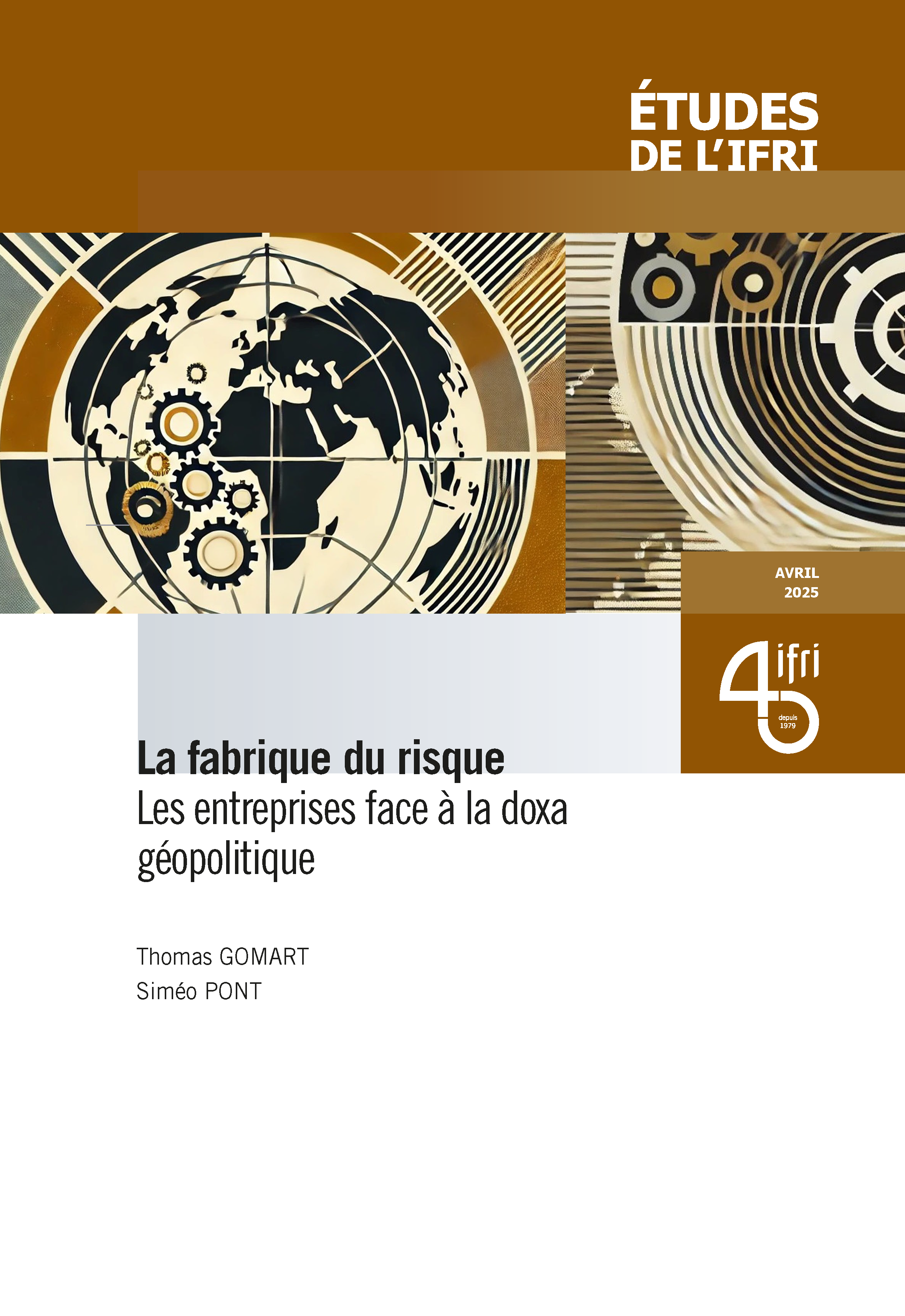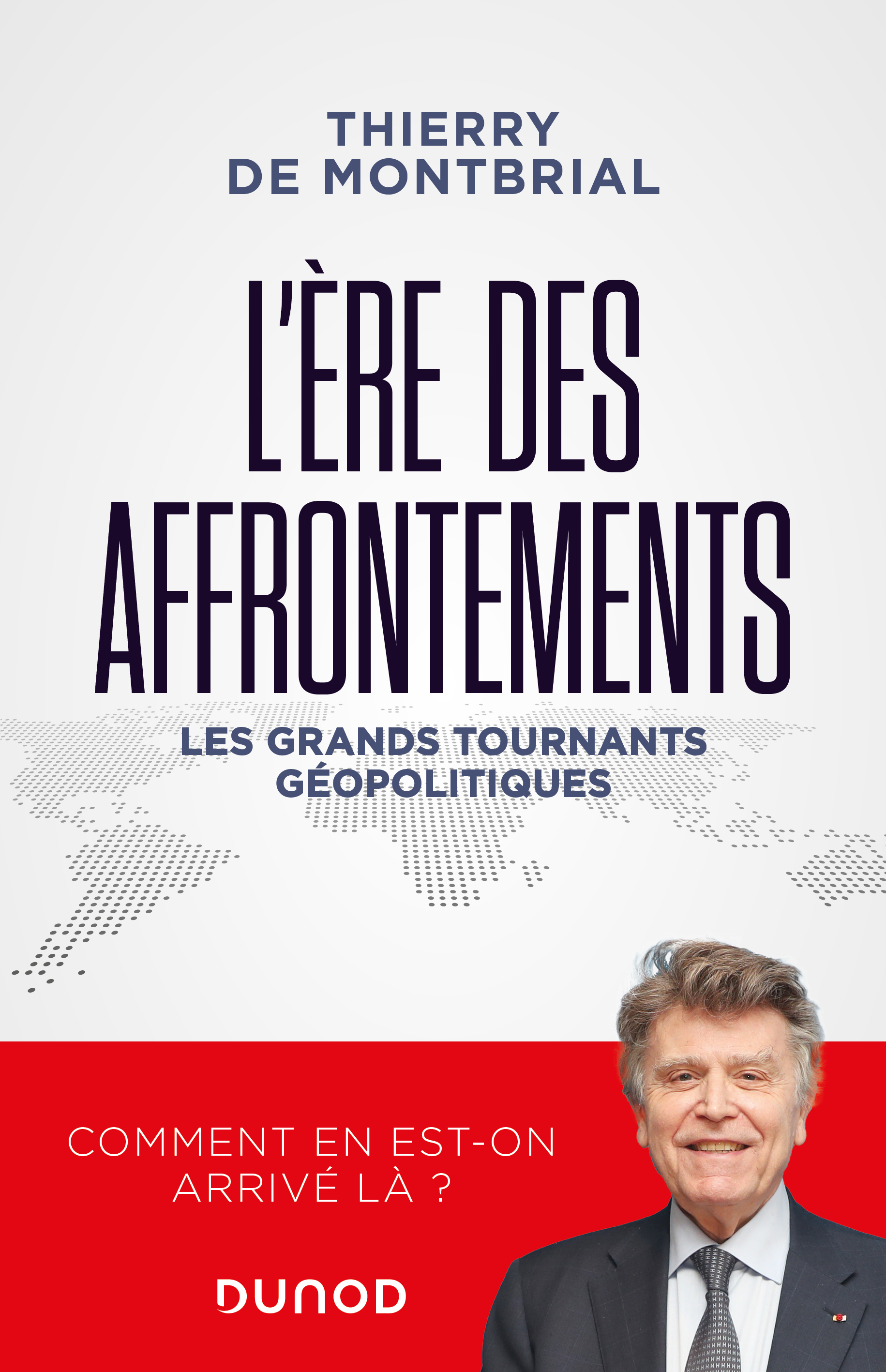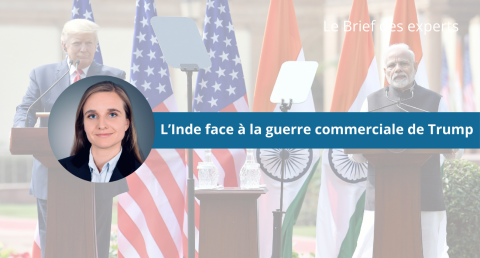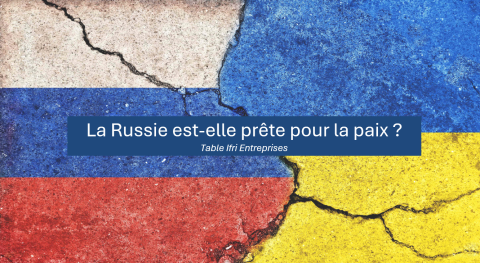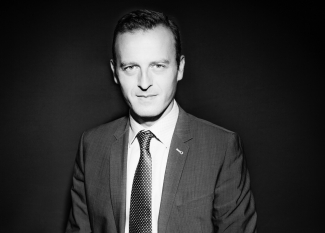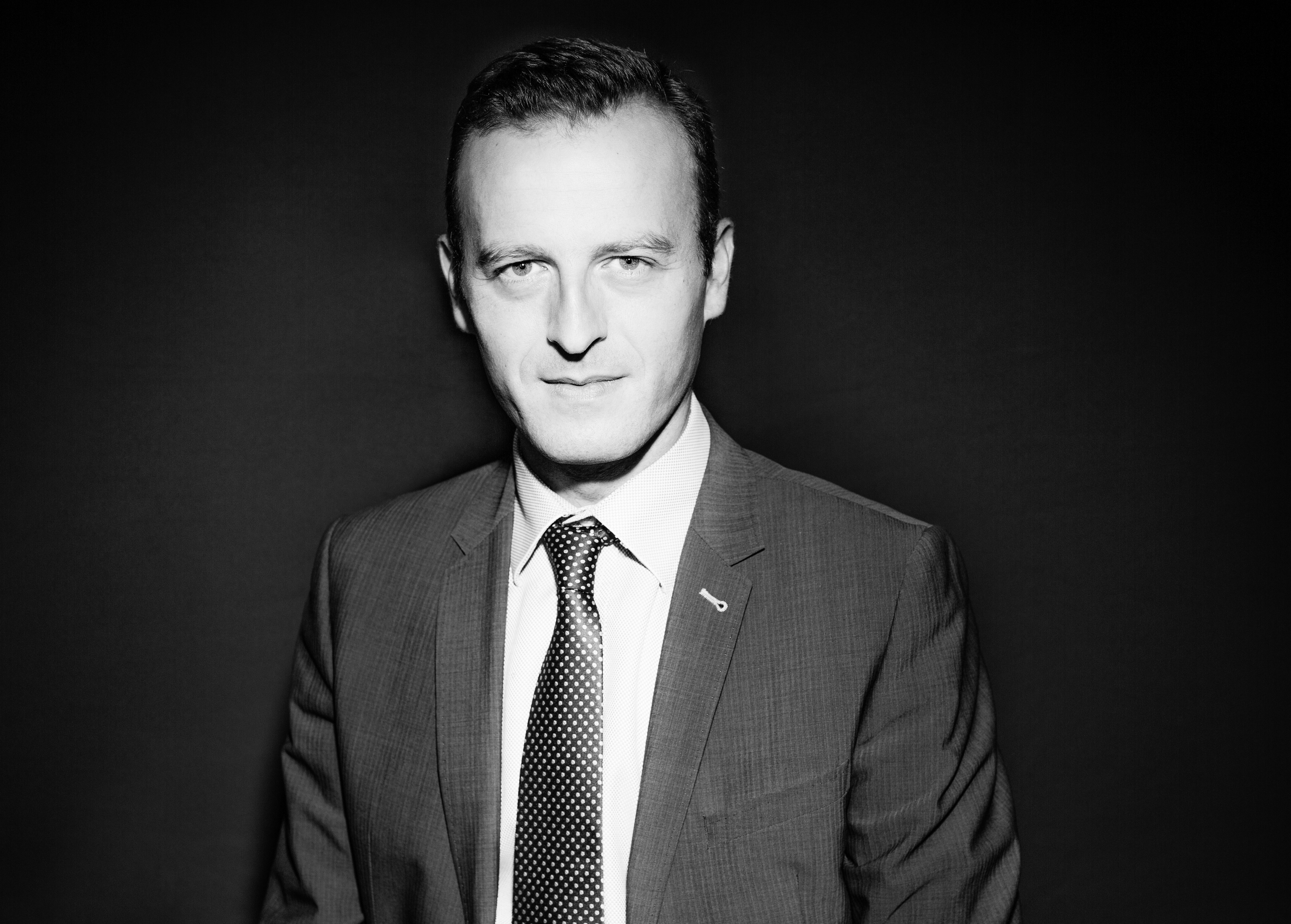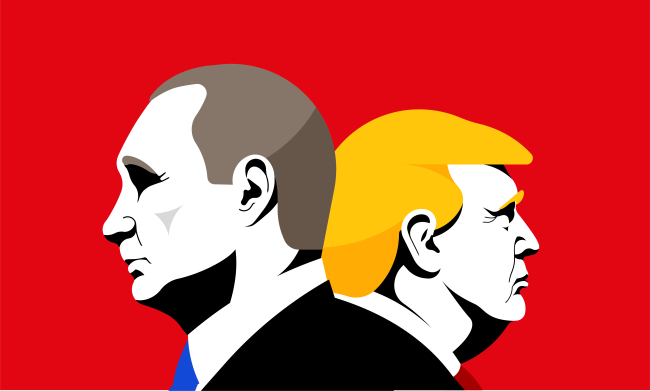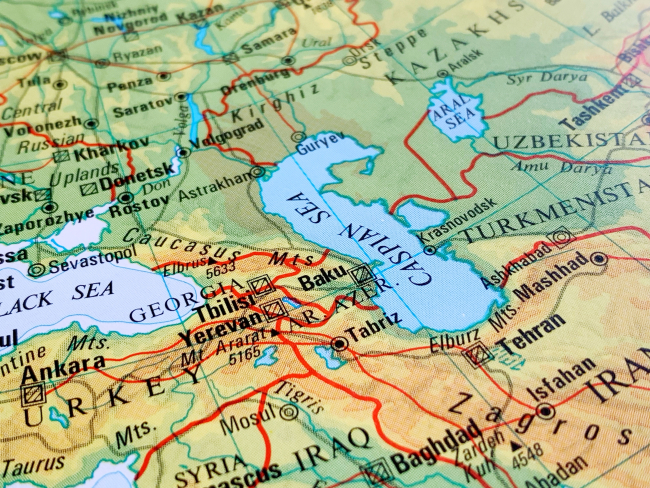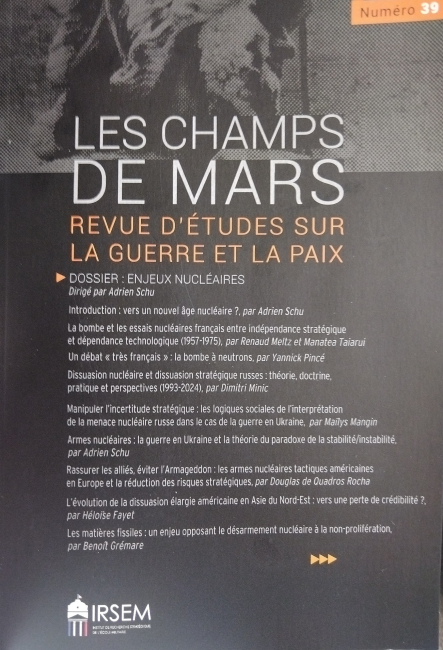The Nexus Between the Conflicts in the Mideast and Ukraine
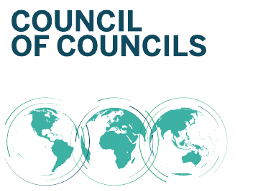
"Two simultaneous conflicts in Europe and the Middle East have brought the international order into flux. Russia’s annexation of Crimea and destabilization of eastern Ukraine have deeply undermined European security. Meanwhile, the self-declared Islamic State’s proclamation of a caliphate in western Iraq and eastern Syria has unsettled the Middle East. While it may be tempting for foreign policymakers to consider "Syraq" and "Rukraine" as unrelated crises, the tensions in Eastern Europe have strong implications for the situation in the Middle East, and vice versa. Indeed one of the greatest challenges to global governance is the combination of an assertive and declining Russia, and a disintegrating Middle East."
Read more
|
The Council of Councils is a CFR initiative connecting leading foreign policy institutes from around the world in a common conversation on issues of global governance and multilateral cooperation. The Council of Councils draws on the best thinking from around the world to find common ground on shared threats, build support for innovative ideas, and introduce remedies into the public debate and policymaking processes of member countries. The membership of the Council of Councils includes leading institutions from twenty-five countries, roughly tracking the composition of the Group of Twenty (G20). The network facilitates candid, not-for-attribution dialogue and consensus building among influential opinion leaders from established and emerging nations. A list of member organizations is available on the Council of Councils roster page. |
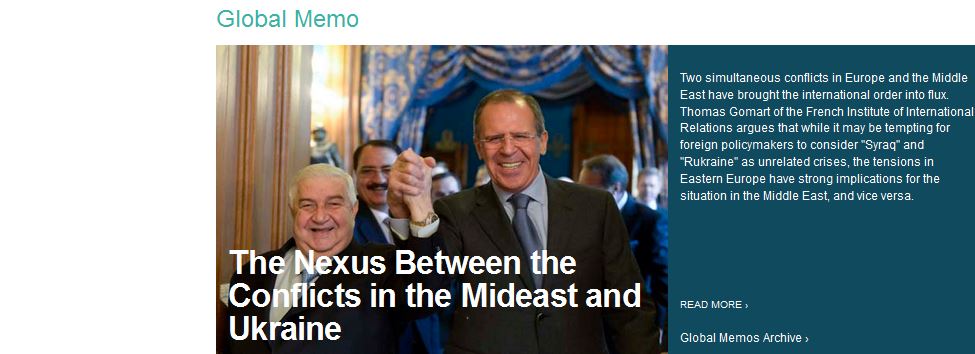
Centres et programmes liés
Découvrez nos autres centres et programmes de rechercheEn savoir plus
Découvrir toutes nos analysesTrump-Poutine : logiques et perspectives d'une négociation sur l'Ukraine
Comme prévu, le nouveau président américain, Donald Trump, semble se montrer conciliant avec son homologue russe, Vladimir Poutine, dont les objectifs restent maximalistes : cession de territoires, changement de régime, finlandisation et démilitarisation de l’Ukraine.
La mer Caspienne, pôle énergétique émergent : Opportunités et limites
La présente note analyse les perspectives d’évolution de la région de la mer Caspienne et de ses acteurs clés, à l’exception de la Russie et de l’Iran, en un pôle énergétique majeur répondant aux besoins de l’Union européenne (UE).
Dissuasion nucléaire et dissuasion stratégique russes : théorie, doctrine, pratique et perspectives (1993 - 2024)
Dimitri Minic, chercheur au Centre Russie/Eurasie à l'Ifri, docteur en histoire des relations internationales et spécialiste de la pensée et de la culture stratégiques russes, retrace dans un article pour Les Champs de Mars l'histoire théorique, doctrinale et pratique de la dissuasion nucléaire et de la dissuasion stratégique russes.
The European Union's Strategic Test in Georgia
La crise politique qui se déroule en Géorgie est de nature existentielle pour le pays. Ce qui est en jeu, c'est l'avenir de la Géorgie en tant que nation européenne, démocratique et souveraine.


